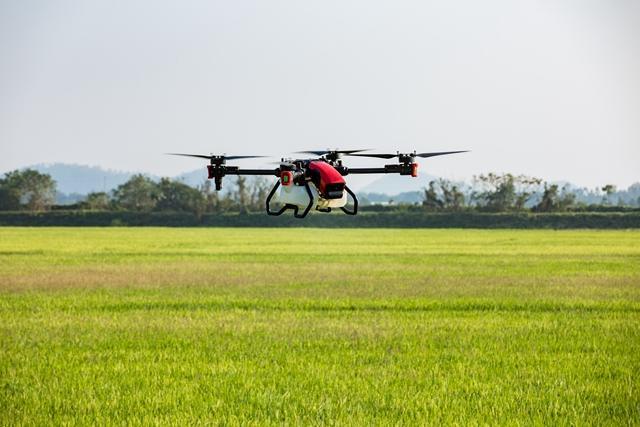The integration of drone technology into agriculture has ushered in a new era of plant protection. These versatile unmanned aerial vehicles are transforming the way farmers manage crop health and fend off pests and diseases.
One of the most significant advantages of plant protection drones is their ability to cover large areas quickly. Traditional methods of crop protection, such as manual spraying, are time-consuming and labor-intensive. Drones, on the other hand, can fly autonomously over fields, delivering precise applications of pesticides or fertilizers in a fraction of the time.
Furthermore, drones are equipped with advanced sensors that can detect changes in crop health, such as moisture levels, temperature, and nutrient deficiencies. This real-time data allows farmers to make informed decisions about when and where to apply treatments, reducing waste and optimizing resource use.
Plant protection drones also contribute to sustainability by minimizing chemical runoff and reducing the environmental impact of farming practices. Their precise application methods ensure that chemicals are only used where needed, reducing the risk of pollution in nearby water sources.
In conclusion, the use of plant protection drones is revolutionizing agriculture by offering speed, precision, and sustainability. As technology continues to advance, these drones will play an increasingly vital role in ensuring food security and environmental stewardship.







Please sign in to comment
register